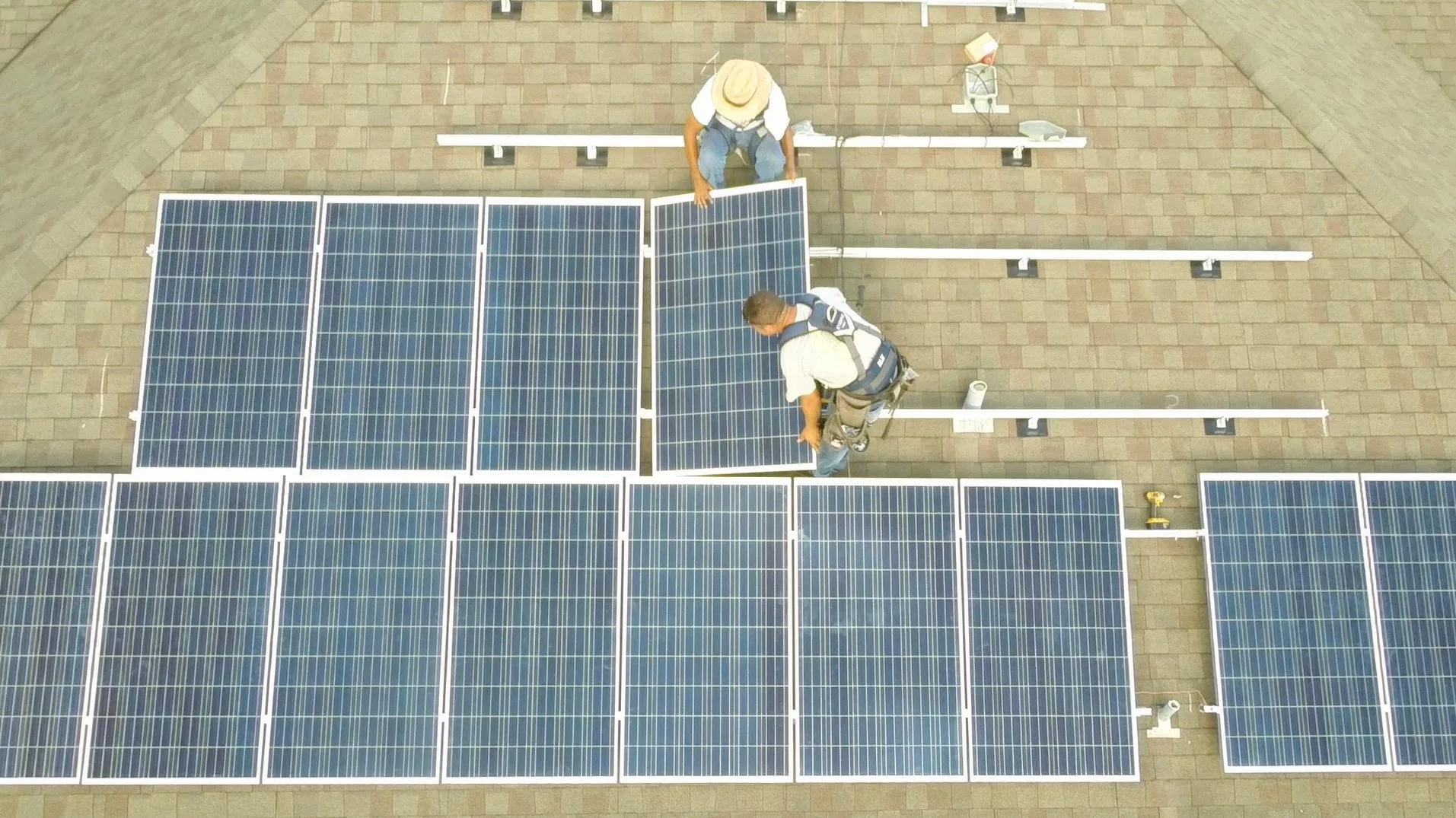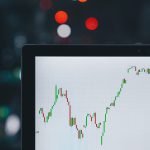As the preeminent threat to life on Earth, climate change has catalyzed many businesses and organizations to find ways to expand access to clean energy and to advance other regenerative solutions across industries. In fact, pivoting our economy across the board toward the necessary carbon neutral and carbon negative forms it will take may be the greatest economic opportunity of our lifetimes. Simultaneously, the racial justice movement in the United States and abroad has called attention anew to the fact that climate and racial justice are deeply entwined. The worst effects of climate change are already being felt by poorer communities and communities of color around the world who have done the least to create the climate crisis we face. In order to truly make progress on climate change, we must also center and advance climate justice.
Take, for example, the tumultuous hurricane season in 2020, fueled and amplified by climate change. Damage and loss of life caused by hurricanes disproportionately affect communities of color. Furthermore, low-income and Black Americans are at a higher risk of adverse health effects caused by pollution from power plants, as power plants are more often located within these communities. Advancing clean energy solutions will help dismantle these forms of structural racism.
Expanding solar power is one key “wedge” in the broader map of climate solutions. Solar installation costs have been on the decline for over a decade now, dropping 70% between 2010 and 2020, according to the Solar Energy Industries Association. The average cost in 2010 was $52,800, compared to $15,840 in 2020. While this trend is a positive step toward a clean energy future, the $15,000 to $30,000 price tag is still unattainable for most low- and middle-income (LMI) households. And while federal tax credits for purchasing solar have been extended until 2023, accessing those credits is difficult and the government may not renew them again once they expire.
Businesses and Investors Can Scale Accessible Renewable Energy
In recent years, innovative companies have begun developing clean-energy alternatives that will help combat climate change as they become more widely adopted and advance climate justice. PosiGen is a New Orleans-based solar energy company that is on a mission to make solar power affordable for the more than 30 million LMI households across the country. Since its founding in 2011, PosiGen has helped more than 17,000 people, regardless of their income, gain access to affordable solar energy, saving them significant amounts of money on their electricity bills while also helping to reduce the carbon load of the grid. In the summer of 2020, PosiGen joined forces with the City of New Orleans and the Greater New Orleans Housing Alliance to implement the city’s Solar for All NOLA clean energy initiative. The yearlong initiative is available to all New Orleans residents and small businesses and promises reduced energy costs for low-income households. In one neighborhood in east New Orleans alone, the company is now saving their customers over $1.7 million a year on their utility bills! PosiGen is now a member of The Builders Fund portfolio and is the first investment of the Builders Fund II.
MPOWERD, another Builders portfolio company, creates Luci solar-powered lights and mobile chargers, partnering with NGOs to deliver solar energy to people in more than 90 countries where they lack consistent access to the grid, including providing lights and chargers to areas directly affected by natural disasters. In 2020, the company deployed more than 130,000 lights around the world through its partnerships, impacting the lives of more than 680,000 people.
In order to address climate change, investors must allocate their capital in solutions that will directly reduce dependence on fossil fuels and other pollution creating energy sources. Impact investors can help scale solutions, like those offered by PosiGen and MPOWERD, and advance the expansion of, and access to, clean energy. By investing in companies that are creating regenerative energy solutions, investors are making clean energy more accessible and affordable to a broader range of people. In the long term, these solutions can help turn the tide on our climate crisis and, if conscientiously mobilized, help turn back the disproportionate effects of climate change on marginalized communities.
As inhabitants of this planet, we all have a shared responsibility to be its stewards. Investors have the unique ability to shape the future of our economy by supplying emerging companies that provide real benefit with the capital and support they need to succeed. As a new generation of socially and environmentally conscious companies rise, there is enormous opportunity for a shift to a more systematically responsible, just economic model of stakeholder capitalism that ensures people and planet are considered alongside profit in business operations.






